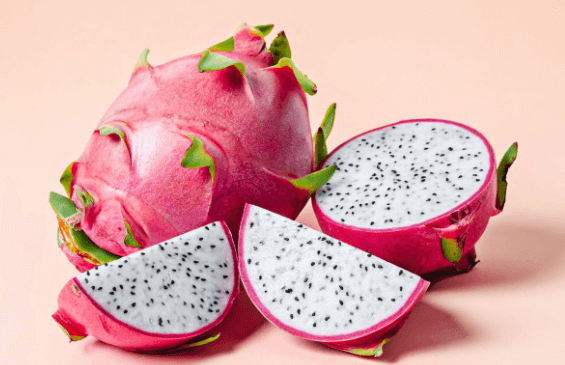Dragon:0pscnhnpgcy= Fruit

Dragon fruit, or Hylocereus undatus, stands out not only for its striking appearance but also for its myriad health benefits. Rich in essential nutrients, this tropical fruit has gained attention for its potential to support immune health and metabolic function. Its versatility in culinary applications—from salads to smoothies—adds to its appeal. However, while its nutritional profile is impressive, the practical implications of incorporating dragon fruit into a daily diet merit further exploration. What unique characteristics and culinary possibilities remain to be uncovered?
Unique Characteristics of Dragon Fruit
Dragon fruit, scientifically known as Hylocereus undatus, is distinguished by its striking appearance, featuring a vibrant pink or yellow skin adorned with green scales, which not only captivates the eye but also serves as an adaptation to its native tropical environments.
This cactus species exhibits a unique growth habit, with climbing stems and nocturnal flowering, facilitating pollination by specific nocturnal pollinators, primarily bats.
See also: Dragon:_Cmcisafnac= Yin
Nutritional Benefits and Health Impact
Rich in essential nutrients, dragon fruit offers a diverse array of health benefits, including high levels of vitamin C, fiber, and antioxidants that contribute to overall wellness and disease prevention.
The presence of phytonutrients supports immune function, while dietary fiber aids digestion and regulates blood sugar levels.
These properties collectively enhance metabolic health, making dragon fruit a valuable addition to a balanced diet.
Ways to Enjoy Dragon Fruit
Exploring the versatile culinary applications of dragon fruit reveals a myriad of ways to incorporate this exotic fruit into various dishes, enhancing both flavor and nutritional value.
It can be enjoyed fresh in salads, blended into smoothies for a vibrant color, or used as a topping for yogurt.
Additionally, its unique texture makes it an excellent ingredient in desserts, providing both visual appeal and health benefits.
Conclusion
In conclusion, dragon fruit serves as a vibrant gem within the tapestry of tropical fruits, offering a myriad of nutritional benefits that enhance overall health.
Its rich content of vitamins, fiber, and antioxidants contributes to immune support and metabolic efficiency.
As culinary versatility allows for various preparations, the inclusion of dragon fruit in the diet not only elevates flavors but also enriches nutritional profiles, making it an invaluable asset in promoting wellness and vitality.




